Ideally, we would produce no waste. Unfortunately, that is an ideal that is hard to achieve for many of us. We can all strive to come as close as possible to a zero-waste lifestyle and incorporate simple lifestyle changes at home. In the meantime, here is some advice to responsibly dispose of waste.
Curbside pickup of garbage, compost and recycling:
To facilitate recycling and waste management, first determine just what services are available in your municipality so you can sort your waste properly. Not all collection and disposal services are the same in all regions - recycling, compost collection, toxic waste depots, etc.- but your local municipality will be able to provide you with that information.
For all types of waste disposal, please keep the well-being of your local waste collectors in mind and keep it as clean and safe for them as possible. Garbage and recycling bins can build up mould; it would be thoughtful to clean them out regularly. That is a simple matter of some vinegar and baking soda, a scrub with an old broom and a quick shot with a hose.
Rinse out food containers to deter vermin, don’t over fill your bins, and keep them covered from the elements. The worker’s job is tough enough already, having garbage water run down your legs when you pick up a bin wouldn’t make it any more enjoyable.
Composting kitchen waste:
If you are designing or remodelling a kitchen, plan in advance how you will sort your compost and recycle bins. Some kitchen design companies offer sorting containers built right into their counters. You can also opt for a homemade design and convert a vacant space in the kitchen into a waste collection area. The important thing is to provide enough space to sort and store your materials. We have used and really like this stand alone recycling bin option for the modern kitchen.
Remember though that not everything is a good choice for composting - and that not everything on the internet is true! For example, did you realize that it's a really bad idea to put coffee grounds in the compost or in the garden on plants? But that doesn't mean there is nothing you can do with them, so before you pitch them in the garbage, see here to find what you can do with them, including making your own DIY coffee ground skin care products!

Plastics, cans and bottles:
It’s worth a bit of time to at least rinse containers before disposal. Ideally, after opening both ends, the cleaned cans would be flattened. A little foot action does it quite nicely. Same goes for large plastic juice bottles; stomping to compress frees-up a lot of space in the bin.
Recycling paper products:
Just as with plastics, by breaking down boxes you can pack a lot more in your bin. Even tissue boxes can be opening and flattened, but the plastic insert belongs in the garbage. We realize that all this takes time – so do what you can in the time that you have. Pizza boxes do belong here, but the food waste must be scraped off.
Backyard composting:
Composting is relatively simple and requires little investment. Making this minor lifestyle adjustment can reduce your curbside garbage by close to half. Curbside compost collection is becoming more commonplace, but even so, some green-thumbed homeowners forgo that service and instead take advantage of the vegetable waste they generate to facilitate a more productive garden.
In order for your compost to be healthy, you will need to ensure that its composition is varied and mixed. You also need to choose an effective compost bin, taking into account pesky local critters like racoons, squirrels, skunks, rats etc who think nothing of getting in there and freely distributing the contents all around your immaculate garden! We especially like metal compost bins with lids we can add bungee straps to - this one is robust and can easily be recycled itself at end of life.

Fruits and vegetables contain a lot of water, so balancing them with drier materials such as stale bread, dead leaves, newsprint and cardboard will help develop a rich mix. Having too little moisture content in your compost is an easily rectified problem, but limit the amount of liquids you introduce in the first place. Keep a lid on the composter to avoid odour and, if gnats fly in your face each time you lift the lid, a thin layer of soil spread on top will suppress the pests.

Some leaves can be added to vegetable compost, but larger quantities can be composted in a pile of their own. As with vegetable compost, occasionally turning leaves over with a garden fork speeds up the decomposition.
Cutting your waste vegetables into smaller pieces is another tip that can speed up the decomposing process, similar to the way chewing your food well gives your stomach a head start.
With the exception of egg shells, don't include meat and dairy products in your compost. This can produce strong odors and attract animals. You can reduce the smells animal products will generate by keeping them in a marked bag in the freezer until garbage day.
It is important that any liquid animal fat or grease not be poured down the drain, whether you are on a rural septic system or city sewer. Once these oils are cold, they can congeal and create blockages in drain pipes. Pour warm fats into containers and leave them until they set, then wrap them in newspaper and discard the container with other waste meat products. Small amounts of vegetable oil can be added to the compost bin, but in excess it will slow down the action.
Solvents, paints and other toxic materials:
Ever wonder what to do with solvents, pesticides, paint, motor oil and flammable materials, to name a few? This is where you will need to check with your municipality. Some offer collection on certain days at certain times of the year, others provide a depot location where all these dangerous materials can be brought and sorted on site. It can be worth asking at local building supply box stores because some offer this service, either permanently or on occasion.
Whatever you do, please fight even the slightest temptation to sneak this stuff out in your regular trash; everything in this world flows downstream and comes back to us in our drinking water.
Disposing of fluorescent tubes:
Fluorescent tubes and compact fluorescent lightbulbs (CFLs) contain mercury gas which is very toxic to humans. Use caution when disposing of them; if they break inside your home, you should air out your home immediately. Some box stores will accept old bulbs. Ultimately though, they should be treated with the same care as other toxic materials in your home.
Where to dispose of old batteries safely:
Batteries are harmless looking in appearance and obviously safe to touch when they haven’t leaked, but their components are considered hazardous household waste. The heavy metals they contain are corrosive and can contaminate soil and water if they are sent to a landfill.
Lithium Ion batteries from cellphones, laptops and power tools pose a high risk of combusting under the heat and pressure they would experience in garbage trucks, so be sure to always dispose of batteries properly.
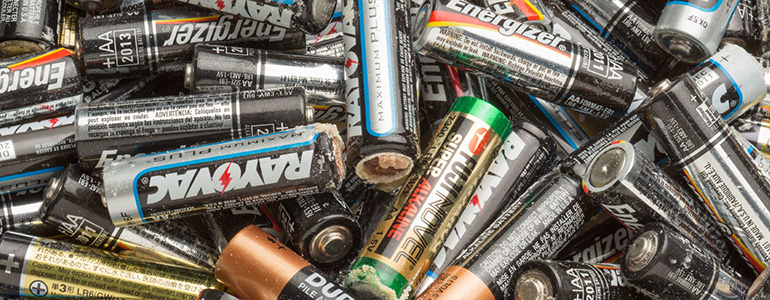
Public libraries in many municipalities have a drop-off location for used batteries, and many retailers dealing in hardware and/or electronics will accept old batteries from their customers. Here is a short list; Bell Mobility, Staples, Canadian Tire, FIDO, Home Depot, The Source, RONA, TELUS Mobility and IKEA.
There may be others, and some on this list may no longer offer these services, so call ahead.
Short of finding a retailer that will accept old batteries, store them with other toxic waste (paints, solvents, etc.) for when you make a trip to a toxic waste depot.
Disposing of old computers and electronics:
Electronic equipment like televisions, computers, monitors and printers contain dangerous, but recyclable materials. For this reason, they have value, so finding a place to dispose of them safely (and for free) can usually be found by a simple keyword search of ‘dispose of old computer’ and your local region; you will probably find multiple options nearby.
Before you get rid of an old computer, make sure it doesn’t contain any sensitive information. If you are getting rid of a computer because it won’t run, remember that information it contains could still be retrieved by someone who knows what they are doing. As a precaution, you may want to consider consulting a distributor about wiping the hard drive of any information.
And if you need to dispose of solar panels, read our guide on how to recycle solar panels responsibly here.
Now you know more about composting, recycling and disposal of household toxic waste... Find more pages about sustainable and resilient green building techniques here:
Find more about green home construction in the Ecohome Green Building Guide pages - also, learn more about the benefits of a free Ecohome Network Membership here. |
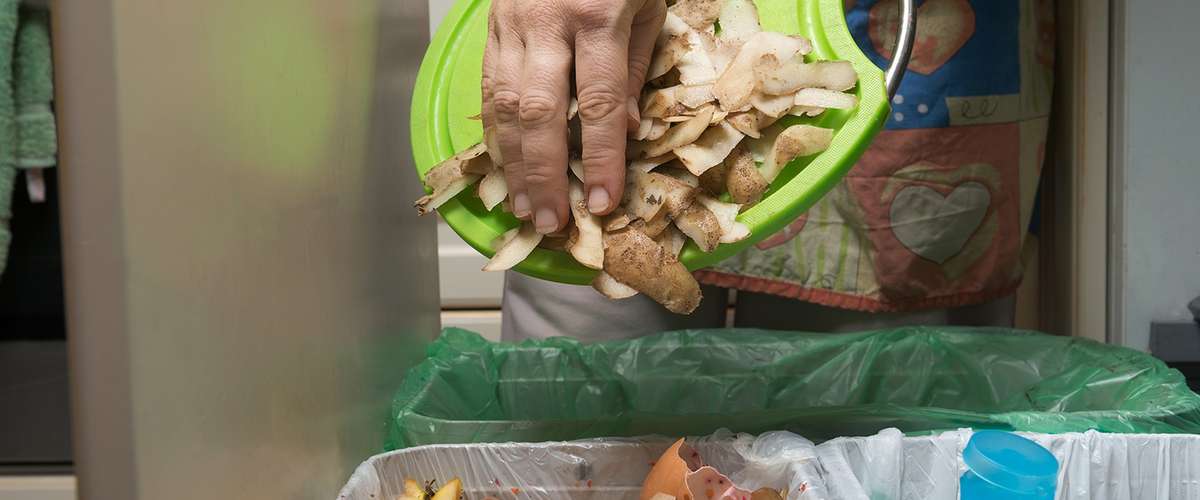

















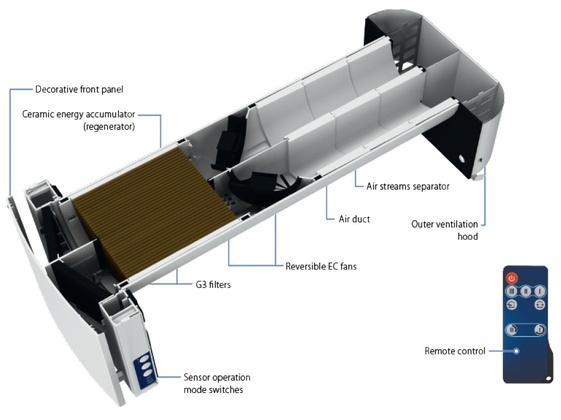








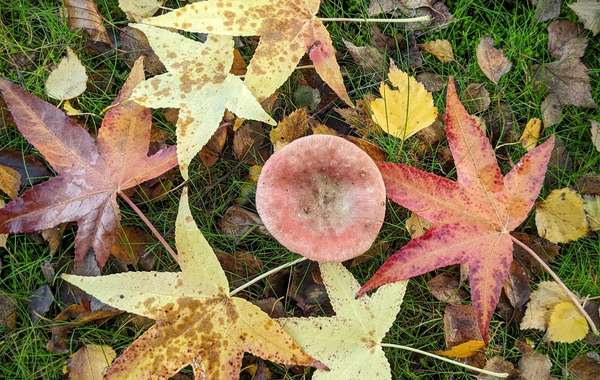
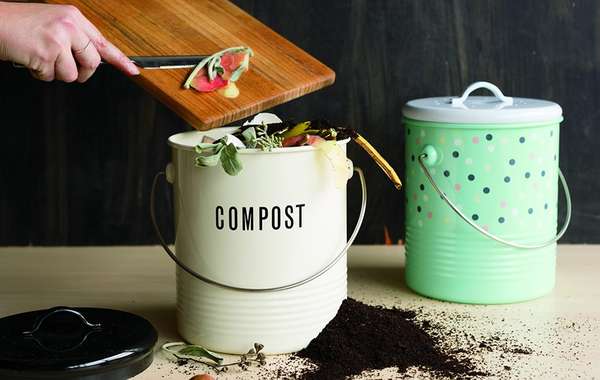
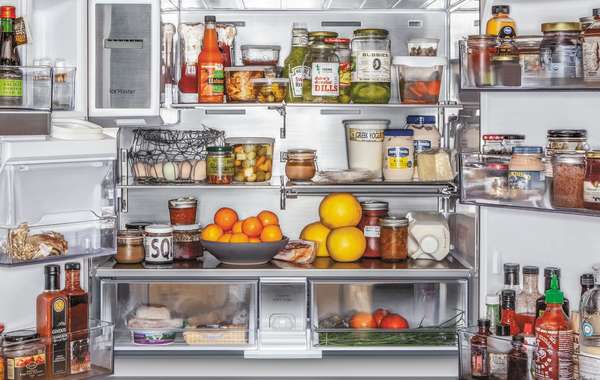

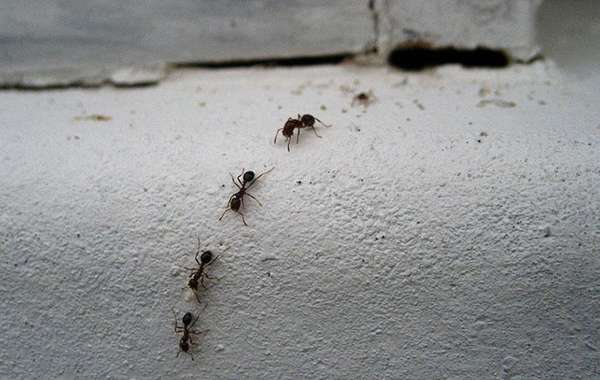
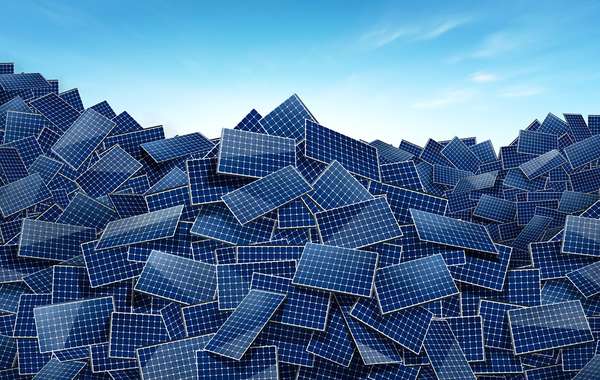
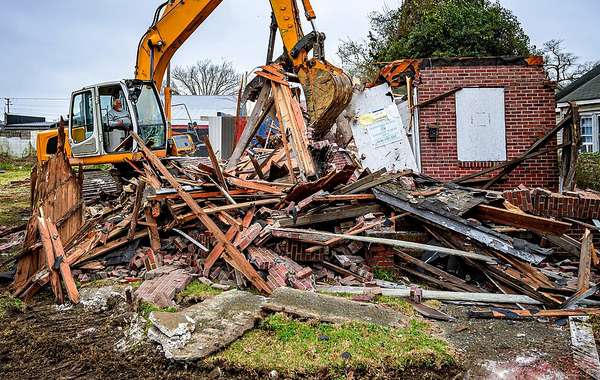
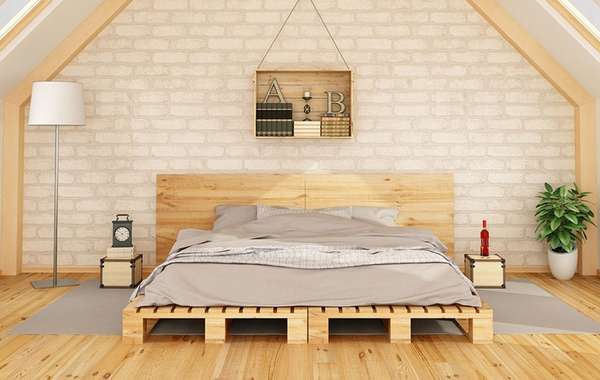
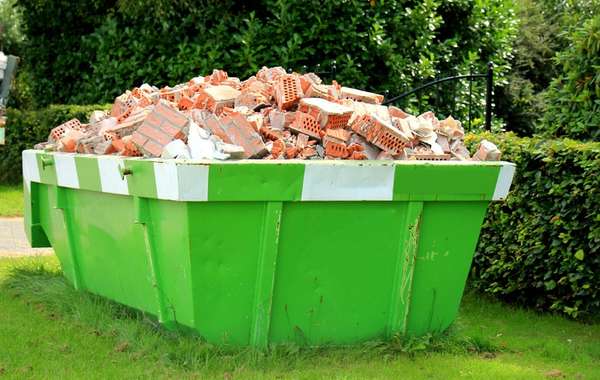
Comments (0)
Sign Up to Comment